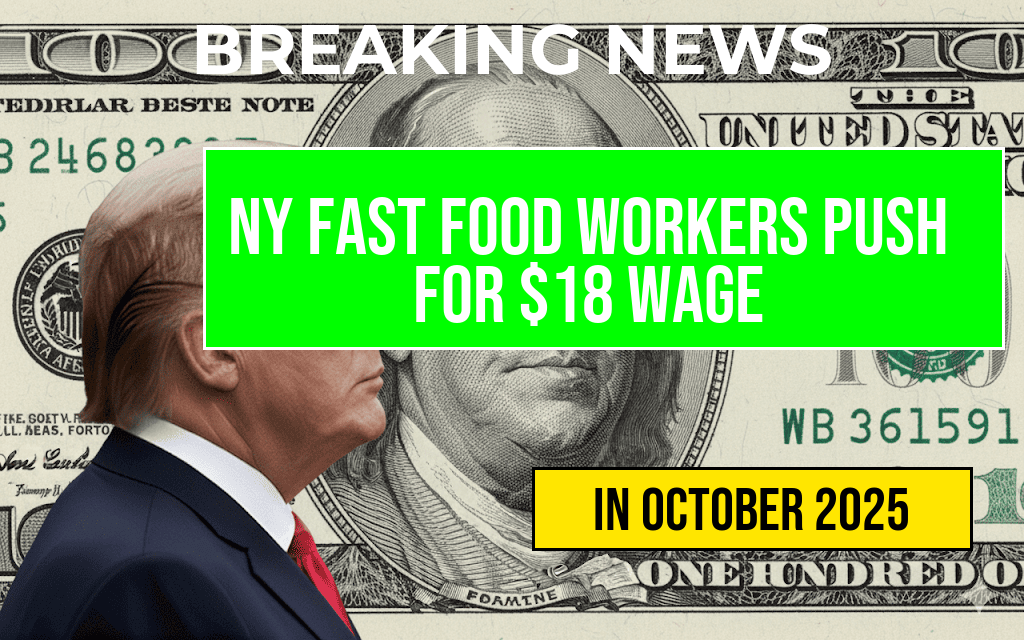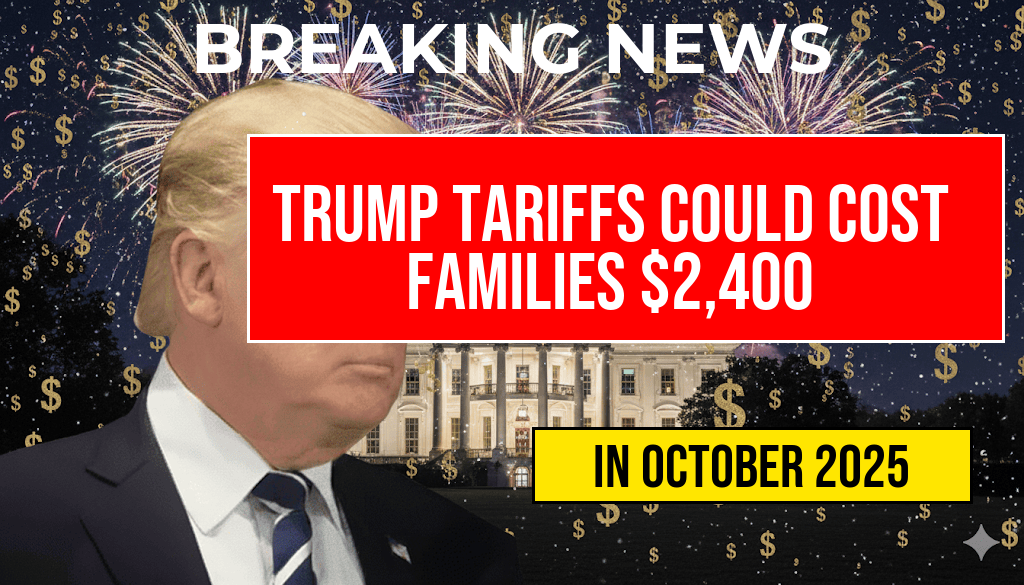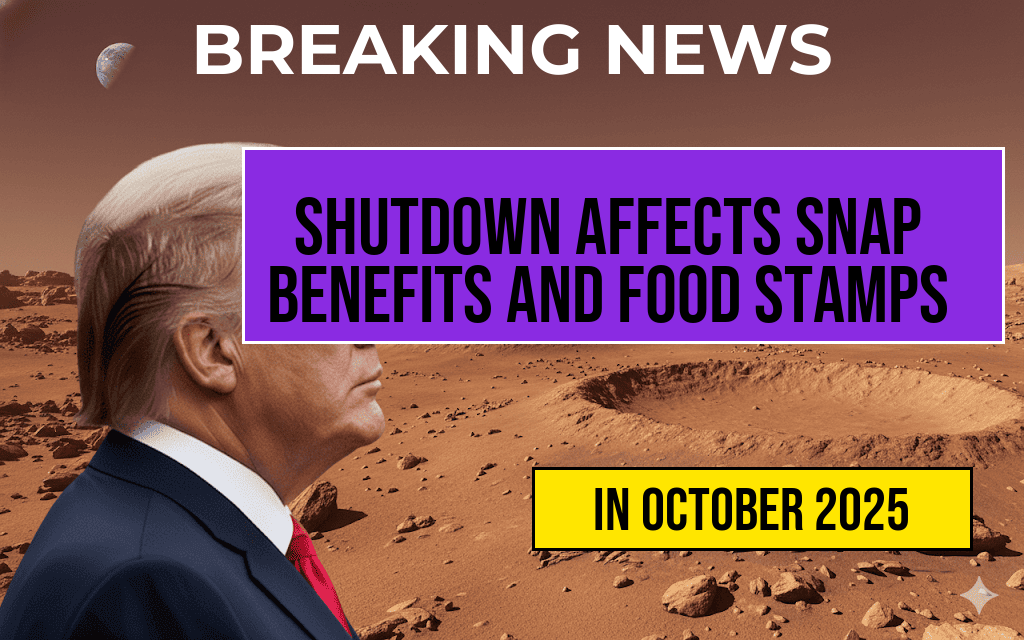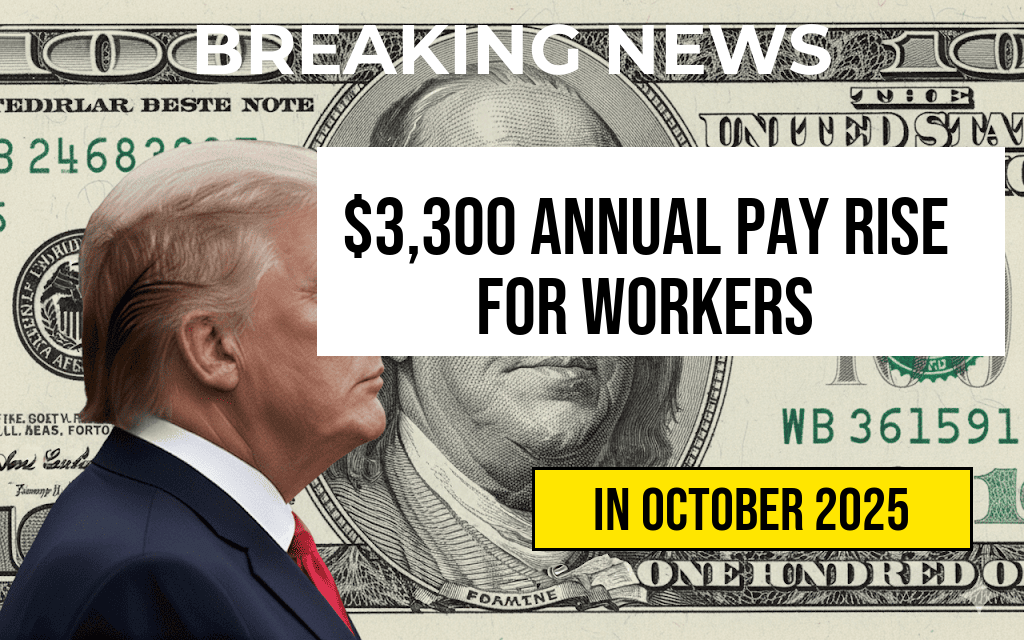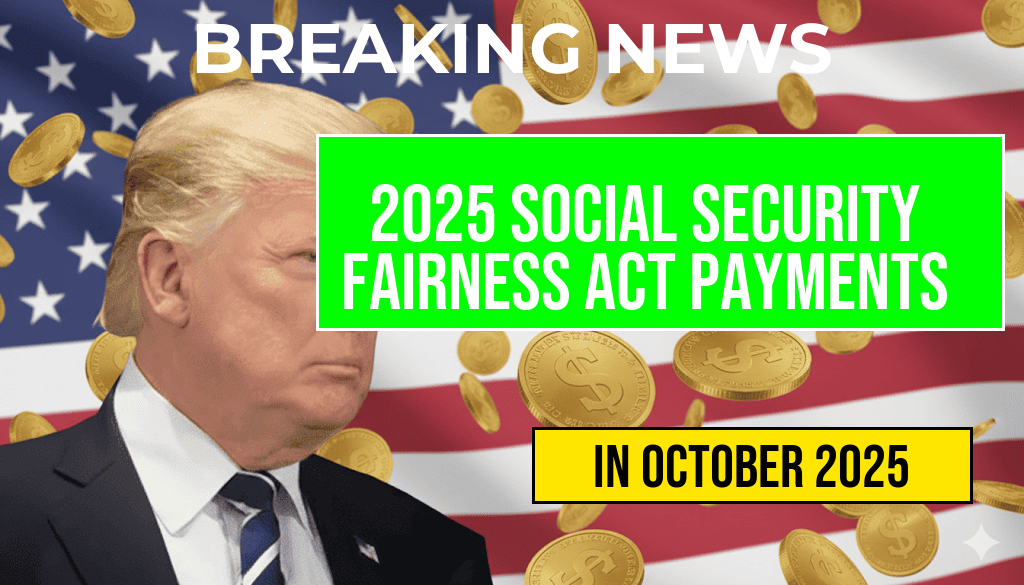The impending government shutdown is set to significantly impact the Supplemental Nutrition Assistance Program (SNAP), commonly known as food stamps, affecting millions of Americans who rely on this vital support system. With Congress struggling to pass a budget, the uncertainty surrounding funding has raised concerns about the continuation of SNAP benefits. As the clock ticks down to a possible shutdown, both recipients and advocates are bracing for potential disruptions, which could lead to food insecurity for many families across the nation.
Understanding SNAP Benefits
SNAP is a federal program that provides assistance to low-income individuals and families to help them purchase food. Funded through the U.S. Department of Agriculture (USDA), SNAP helps alleviate hunger and improve nutrition for millions. According to the USDA, the program served approximately 41 million people in 2022, emphasizing its critical role in supporting vulnerable populations.
Current State of SNAP Amid Government Uncertainty
The potential government shutdown, which is tied to budget negotiations in Congress, poses a direct threat to SNAP funding. If a shutdown occurs, the USDA may face operational limitations that could delay the issuance of benefits. This situation is compounded by the fact that many states depend on federal funds to administer their SNAP programs effectively.
Possible Impacts of a Shutdown on SNAP
- Delayed Benefit Distribution: If the government shuts down, there may be delays in processing and distributing SNAP benefits, leaving many recipients without necessary funds for food.
- Reduced Staffing: A shutdown could lead to furloughs for USDA employees, further complicating the administration of SNAP and potentially affecting customer service for recipients seeking assistance.
- State-Level Challenges: States that rely on federal funding to operate their SNAP programs may face immediate challenges, including potential cuts or changes to eligibility requirements.
Historical Context and Precedent
Government shutdowns are not new to the U.S., and past events provide insight into how SNAP might be affected. A notable instance occurred in 2018-2019 when the government was shut down for 35 days. During that time, the USDA was able to issue benefits for January, but uncertainty loomed for subsequent months. Many recipients reported anxiety over their food security, highlighting the program’s essential role in their daily lives.
What Recipients Can Do
Amidst the uncertainty, there are proactive steps that SNAP recipients can take to prepare for potential disruptions:
- Stock Up on Essentials: If possible, recipients should consider purchasing non-perishable food items in advance to ensure they have adequate supplies.
- Stay Informed: Keeping up with news regarding the government shutdown and SNAP updates can help recipients make informed decisions about their food resources.
- Explore Local Resources: Community organizations and food banks can provide additional support during times of crisis. Recipients should consider reaching out to these resources for assistance.
Advocacy and Response
Advocacy groups are urging Congress to prioritize the protection of SNAP benefits during budget negotiations. Organizations like the Feeding America network emphasize the importance of protecting vulnerable populations from hunger and food insecurity during fiscal uncertainty. Their campaigns focus on encouraging lawmakers to ensure continuous funding for SNAP and related programs.
Conclusion
The potential government shutdown raises significant concerns for the future of SNAP benefits, impacting millions of Americans who rely on food assistance. As the situation develops, it is crucial for recipients and advocates alike to remain vigilant and prepared for any changes that might arise. The importance of SNAP in combating food insecurity cannot be overstated, and the outcome of current budget negotiations will play a pivotal role in shaping the food landscape for many families across the country.
Frequently Asked Questions
What is the impact of the government shutdown on SNAP benefits?
The government shutdown affects SNAP benefits by delaying funding and potentially reducing the amount of assistance available to beneficiaries. This can lead to concerns about food security for millions of individuals relying on these benefits.
Will existing food stamp recipients see any changes during the shutdown?
Existing food stamp recipients may experience delays in their benefits being issued, which can disrupt their ability to purchase food. However, those who have already received their benefits for the month may not be affected immediately.
How long can a government shutdown last and what does it mean for SNAP?
A government shutdown can last from a few days to several weeks, depending on political negotiations. During this time, SNAP funding may be impacted, meaning that new applicants could face delays and current beneficiaries might receive reduced services.
Are there any emergency provisions for SNAP during a shutdown?
Yes, in some cases, there may be emergency provisions or temporary measures that can be implemented to ensure access to SNAP benefits during a shutdown. These provisions can vary by state and are designed to help mitigate the impact on vulnerable populations.
What should individuals do if they are affected by the SNAP changes due to the shutdown?
Individuals affected by SNAP changes should contact their local food assistance office for guidance on available resources. They may also want to explore local food banks and community programs that can provide additional support during this time.

